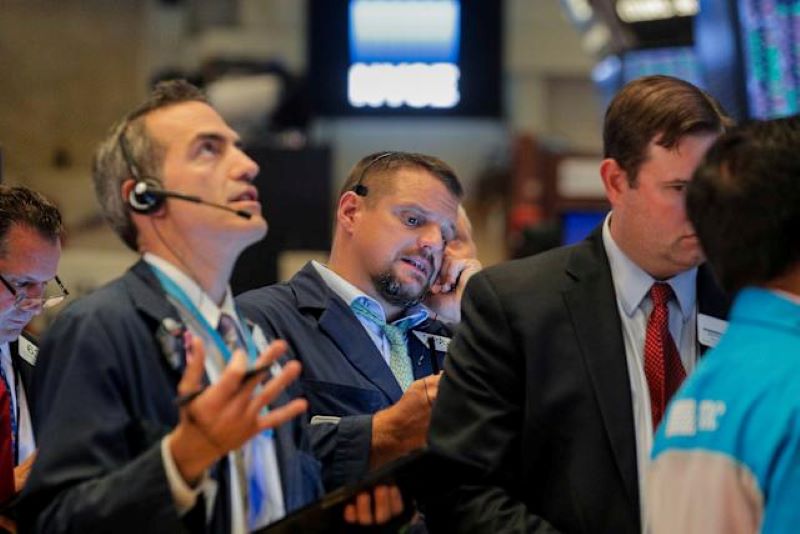Markets
Wall Street Rebounds Amid White House Tariff Pause
Calm returned to Wall Street after a tense week triggered by President Donald Trump’s trade policy. Stocks and bonds led a joint recovery that eased investor nerves. The S&P 500 index rebounded nearly 1%, led by Apple Inc., whose shares rose more than 6% over two days.
Signs of Flexibility from the White House
Optimism resurfaced following rumors of a temporary suspension of tariffs on key electronics. Automakers also rallied on the possible exemption from the 25% tariff on auto parts. Treasury bonds broke a five-day losing streak, slowing the sharp rise in 10-year yields.
Cautious Investors Amid Ongoing Volatility
Matt Maley of Miller Tabak noted that markets sense limits to the administration’s aggressive proposals. Chris Larkin of E*Trade warned that the rebound’s sustainability depends on whether the White House maintains an open stance on tariffs. Uncertainty remains high, and daily volatility is expected to persist.
Experts Debate Market Direction
Venu Krishna of Barclays said recent instability is undermining confidence in current prices. Dubravko Lakos-Bujas of JPMorgan highlighted the challenge of making accurate forecasts. Jay Woods of Freedom Capital Markets quipped that traders are closely watching the “tariffs on, tariffs off” drama play out on social media.

Oppo Unveils Find X8 Ultra Its Bold New Flagship Challenger
Chinese manufacturer Oppo has unveiled its new flagship model, the Find X8 Ultra, intensifying the tech…
Diverging Strategies Among Investment Firms
BlackRock increased its exposure to U.S. and Japanese equities, moving away from long-term debt. Meanwhile, Citigroup downgraded its view on the U.S. market, citing weakening economic growth and earnings. Michael Wilson of Morgan Stanley emphasized that the tariff pause doesn’t eliminate recession risks.
Split Forecasts for the S&P 500
Despite a 15% drop year-to-date, many strategists anticipate a recovery for the S&P 500. Ryan Detrick of the Carson Group noted that only three previous times has the index rebounded from similar declines: 1982, 2009, and 2020—years marked by Federal Reserve intervention.
Volatility as Both Risk and Opportunity
Callie Cox of Ritholtz Wealth Management said recent fear may indicate a market bottom. Extreme volatility can be beneficial if leveraged wisely but also carries risks. Meanwhile, Apple reported a 10% increase in iPhone shipments, Meta faced an antitrust trial, Nvidia announced AI investments, and Intel sold a stake in Altera.
Treasury Bonds and the Fed’s Outlook
JPMorgan Asset Management suggested Treasury bonds may have bottomed out, driven by foreign demand. Fed Governor Christopher Waller called the tariff policy a major economic shock. If inflationary impact is limited, rate cuts before the end of 2025 aren’t off the table.


